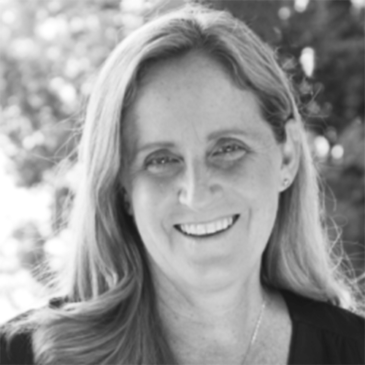Lauren Chambliss is a Senior Lecturer, Emerita, in the Department of Communication for the College of Agriculture and Life Sciences (CALS) at Cornell University. Professor Chambliss’ experience lies in communicating for impact and influence for public audiences, particularly target audiences, media, policymakers and opinion/thought leaders, and targeted stakeholder groups. She focuses on written expression and teaches a core course, “Writing for Communication,” at Cornell. Her interest is in using research-based techniques in multiple media messaging, including online and social media, to convey messages and improve public understanding of science-based information and solutions to global challenges. Professor Chambliss is committed to helping students master critical communication skills through the application of theory for today’s dynamic media environment.
In addition to her regular teaching schedule, Professor Chambliss created the first international writing course and online writing course for CALS. She also runs a competitive six-month fellowship program that teaches selected students to master research-based communication skills then pairs them with local, national, and international organizations working on the front lines of environmental justice, education, and activism.
Professor Chambliss earned a Bachelor of Arts from the University of California, Berkeley, and holds a Master’s degree from American University. She is a former Director of Communications at the Cornell Atkinson Center for Sustainability, overseeing all marketing and communication, and worked as a journalist in Washington, D.C., for 20 years. Professor Chambliss has earned multiple awards for her work, including the Town-Gown Team Award (2016), Department of Communication faculty team and EcoVillage of Ithaca Partnership Award; the Stevie International Business Award – Bronze Best Annual Report (2015) International Business Awards; the CASE Bronze Award (2011), sub-website category: CALS Green: Energy Conservation and Sustainability Initiative website; and the USDA Grand Challenge Award (2008) for best report on the future of bioenergy.



